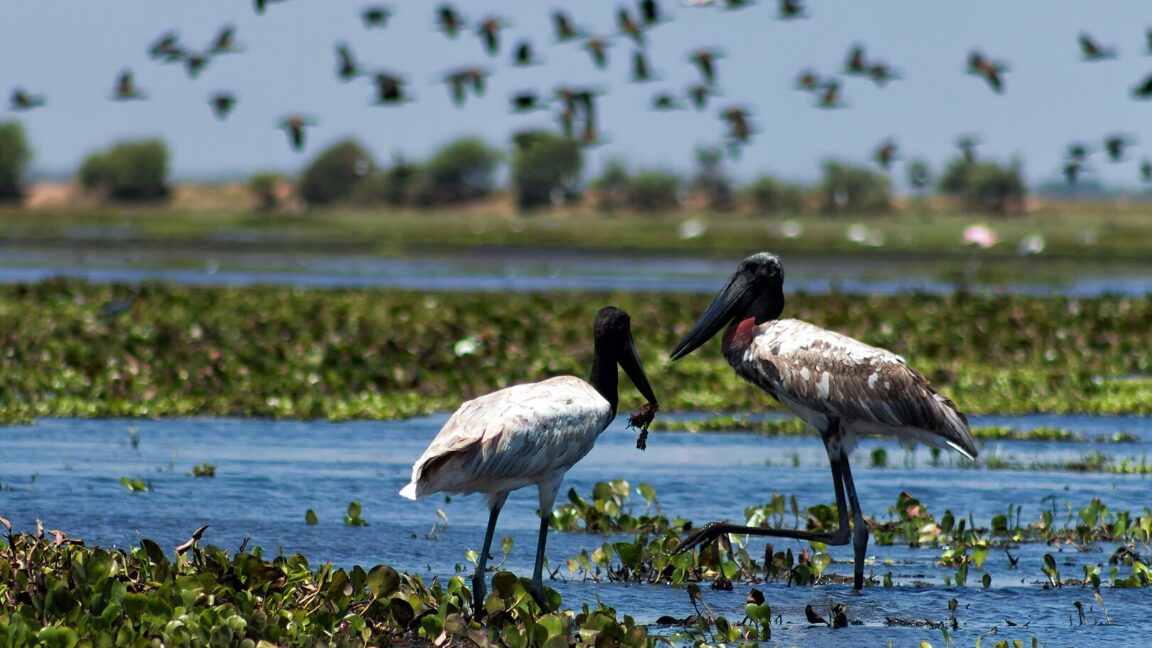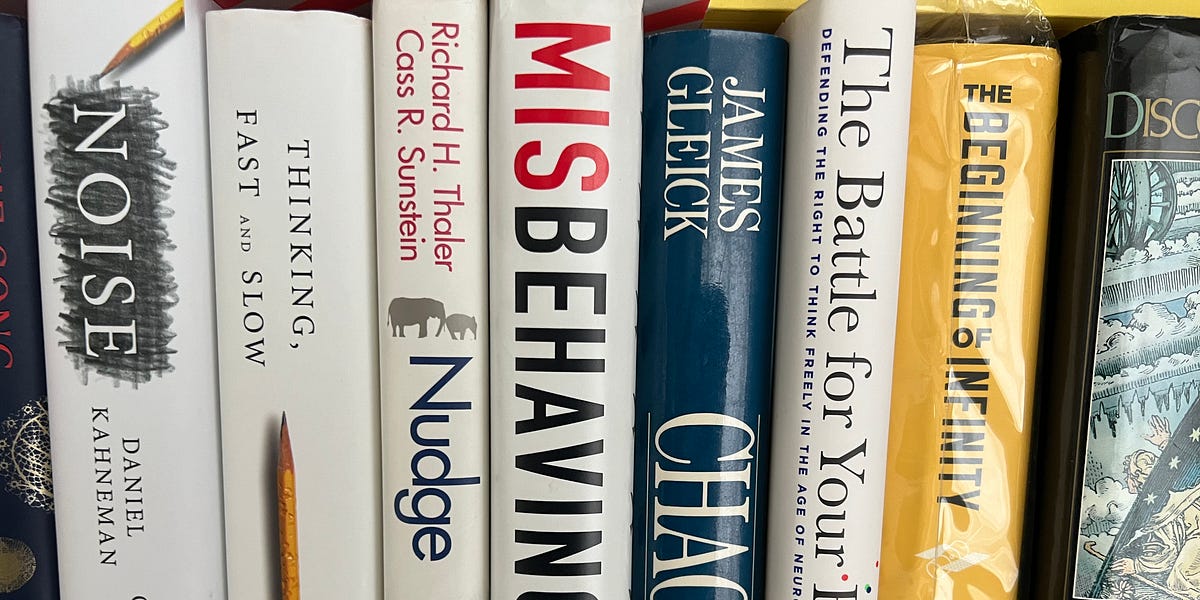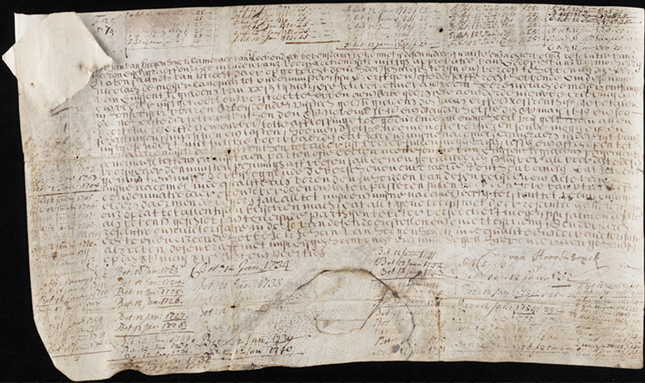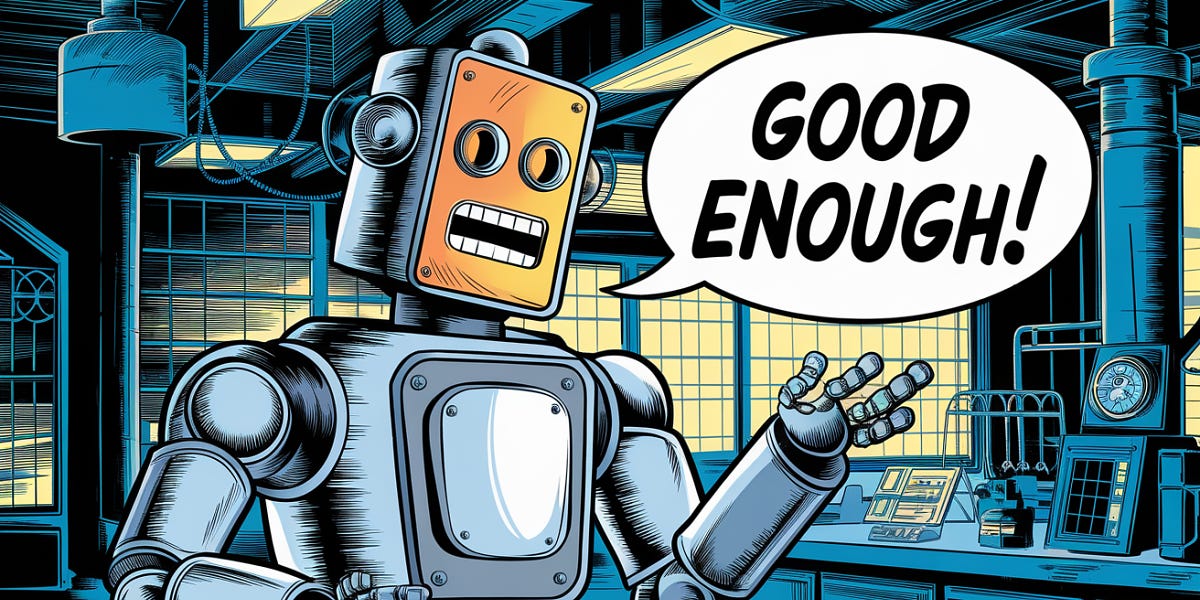How I got here in the end — my non-writing careers
It occured to me a couple of days ago that I've been a full-time self-employed writer for over eight years now; and with a couple of exceptions, every company I ever worked for before then has gone bust (and as far as those exceptions go, I believe a statute of limitations probably applies by now). If you've looked at the potted biography on the back flap of most of my books, you'll have noticed weird references to my previous occupations — pharmacist, freelance journalist, dot-com startup monkey — none of which seem to have much in common with novelist. So over the next few days and weeks I'm going to try and describe how I ended up in this freelance writing job, and the weird and winding path I took to get there.
Back when I was a wee thing, the English educational system required schoolkids to make serious decisions about their future career structure waaay too early. Up to age 16 and the "O" level exams, you studied a range of about 7-10 subjects. Then, on the basis of your "O" levels (or the less rigorous CSE exams) you either left school at 16 and got a job, or you stayed on for two years to study 3-4 subjects in depth at "A" (advanced) level. "A" levels were the gateway to university admission; your choice of graduate degree determined which "A" levels you needed to study for admission. (They generally covered a subject to about as much depth as you'd reach in the second year of a contemporary American university course.) You didn't get to mix subjects; you were either going into the arts or the sciences or the professions. So at age 15 you needed to make your mind up what you'd be studying at university, and what kind of career you intended to go into.
I already knew (from an early age — 12 or so) that I wanted to be an SF writer. But there was a fly in the ointment — a fly called Margaret Thatcher. I turned 15 in 1979, the year the conservatives won an election and the Thatcherite revolution swung into action. Unemployment soared from around one million to over three million in twelve months as the UK experienced the worst industrial recession since the end of the second world war (largely caused by Thatcher's dramatic decision to cut most of the state-owned industries off at their knees, on the assumption that the workers would find new and more productive jobs sooner rather than later — a misplaced assumption, as it turned out). I come from a middle-class background; I could expect to go to university, but not to rely indefinitely on parental hand-outs. "You'll need some kind of way to earn a living while you're trying to write," the careers guidance teachers told me. And, not being sufficiently cynical back then — let alone sufficiently experienced to realize that the then-prevalent economic doom'n'gloom would eventually pass — I took the warnings at face value.
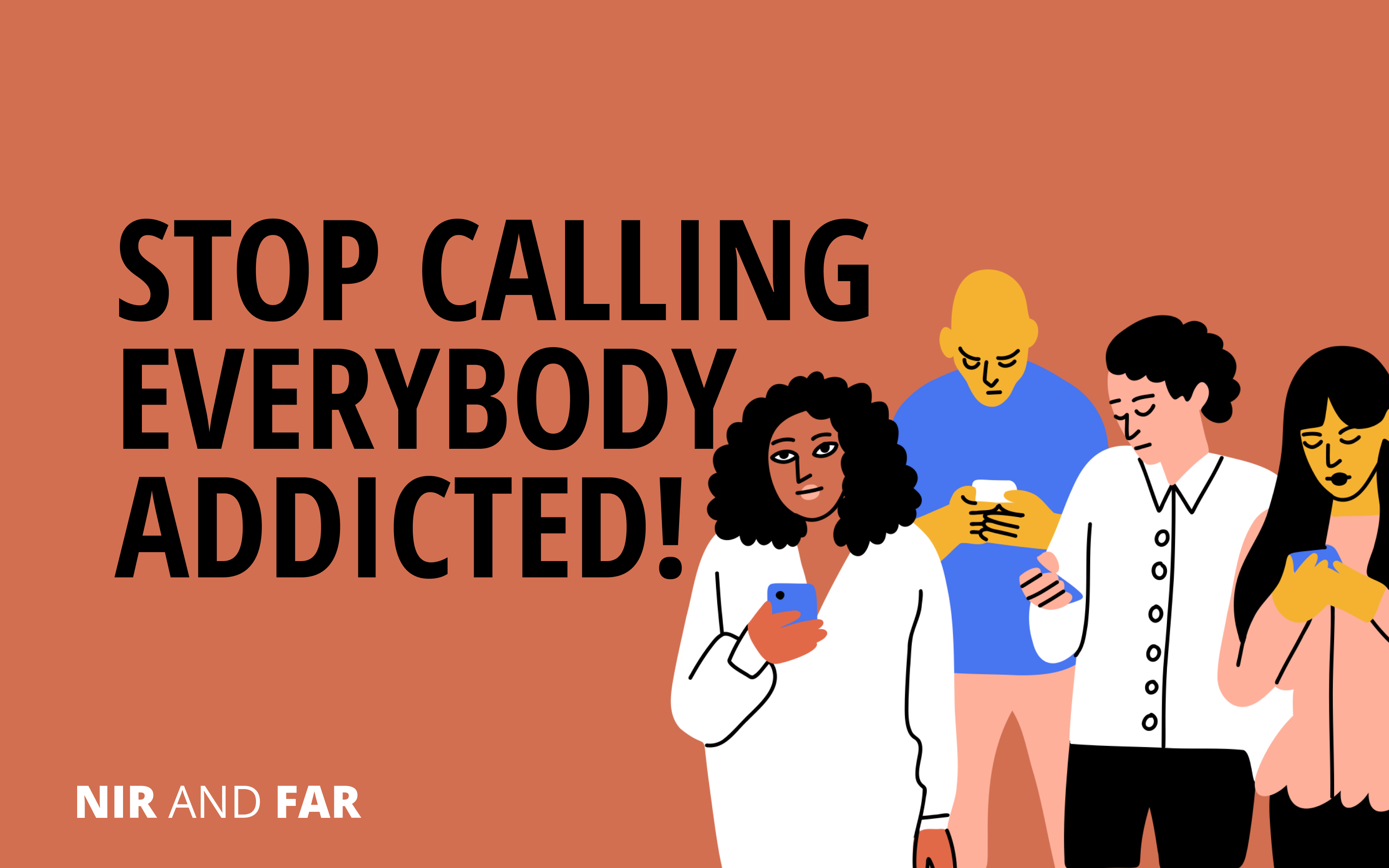


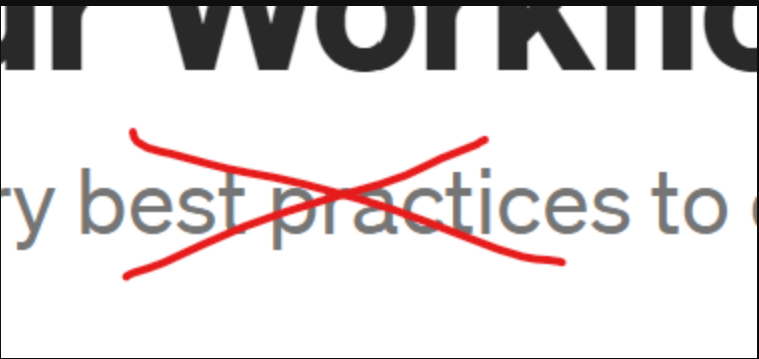


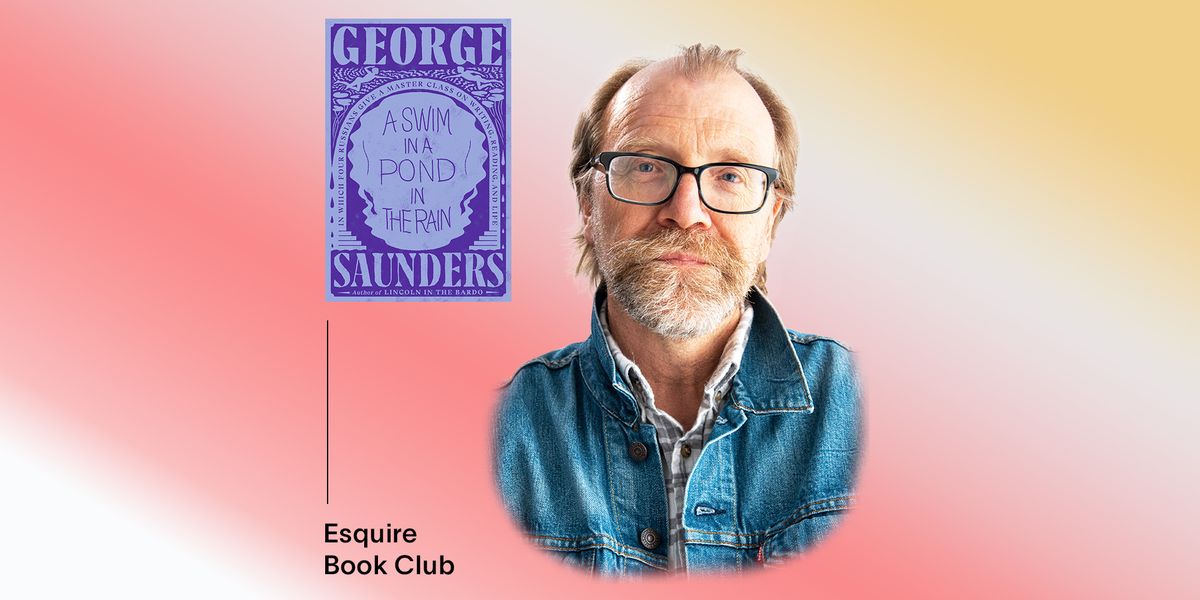





/cdn.vox-cdn.com/uploads/chorus_asset/file/25301215/STK463_SCOTUS_B.jpg)
